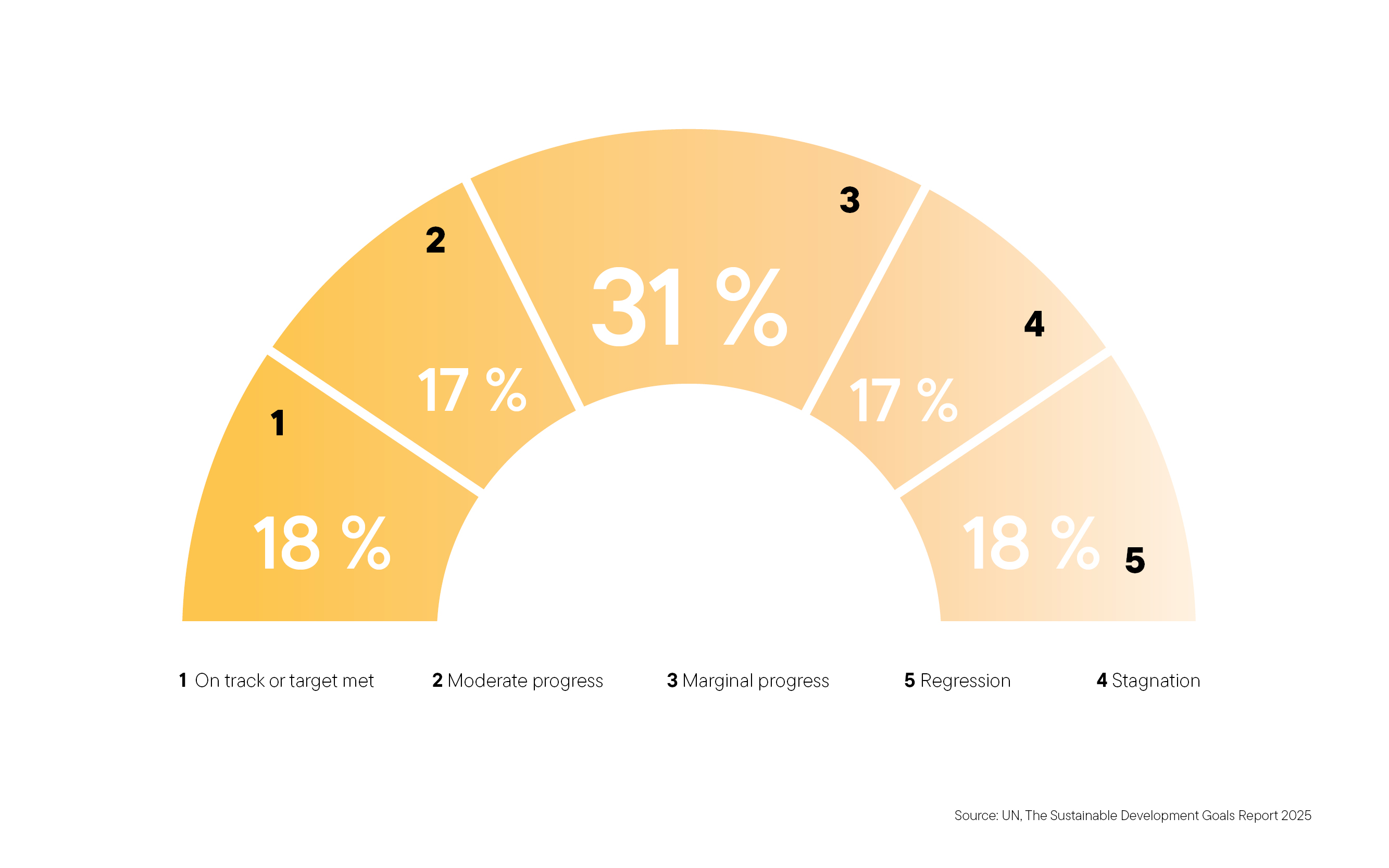Distorted and incomplete
December 2007, 143 p., €9.95
The monthly journal IP [ Internationale Politik ] is the discussion forum of the German Council on Foreign Relations (DGAP), the Federal Republic’s foreign-policy establishment. IP devoted its December issue to development matters. Depressingly, its assessment of the current state of international debate was incomplete and distorted.
The opening headline, “Farewell, charity!” is neither new nor exciting. After all, the makers of development policy have been preaching for years that a fair and just world order is needed, not charitable donations.
In the opening article Bartholomäus Grill once more lists flaws of programmes of the past, many of which were identified long ago. His essay is published under the headline “Snow ploughs for Guinea”. The catchphrase does not allude to a recent blunder – but to misguided aid provided by the Soviet Union, of all places, to another then-socialist country.
Only in his conclusion does Grill observe that “the time is ripe for development policy to be seen as a global structural policy”. It is not mentioned, however, that this phrase was coined by the German Development Ministry, which has been stressing the idea for years – without getting sufficient attention from foreign-affairs circles. Of course, the makers of development policy know that poverty is closely linked to trade, security issues and – increasingly – climate change. However, coherent action in the national cabinet does not depend on them alone.
In closing, Grill briefly mentions the Paris Declaration on Aid Effectiveness, which sets out new approaches to development assistance. The OECD agreed on this Declaration almost three years ago, in an attempt to boost the ownership and responsibility of governments of developing nations. As an eminent foreign-affairs journal, IP should have assessed this approach with all its strengths and weaknesses. Instead, Joachim Betz lists once more many relevant points as to why it was needed, only briefly mentioning the document itself.
It suits the overall tone that Ronald Bailey ridicules the World Bank, claiming it did once have a brilliant insight. Unfortunately, according to Bailey, the World Bank’s study of just how much institutions, the rule of law and other intangible capital matter for successful development soon vanished onto library shelves without much public discussion. He does not mention that the Bank has been consistently preaching “good governance” for an entire decade, because it has indeed understood these links. In this context, it comes as little surprise that IP allows Andrew Mwenda to put forward the far from original observation that successful private-sector investments promote development, but corrupt governments do not.
In defence of the authors, their essays are not totally implausible. What is most distorting is the editorial context. This IP issue implies that it is giving an important input to the development debate, but ultimately it only lists many of the interesting ideas that development policy has hatched since the collapse of the Soviet Bloc – without naming the original sources. (dem)








